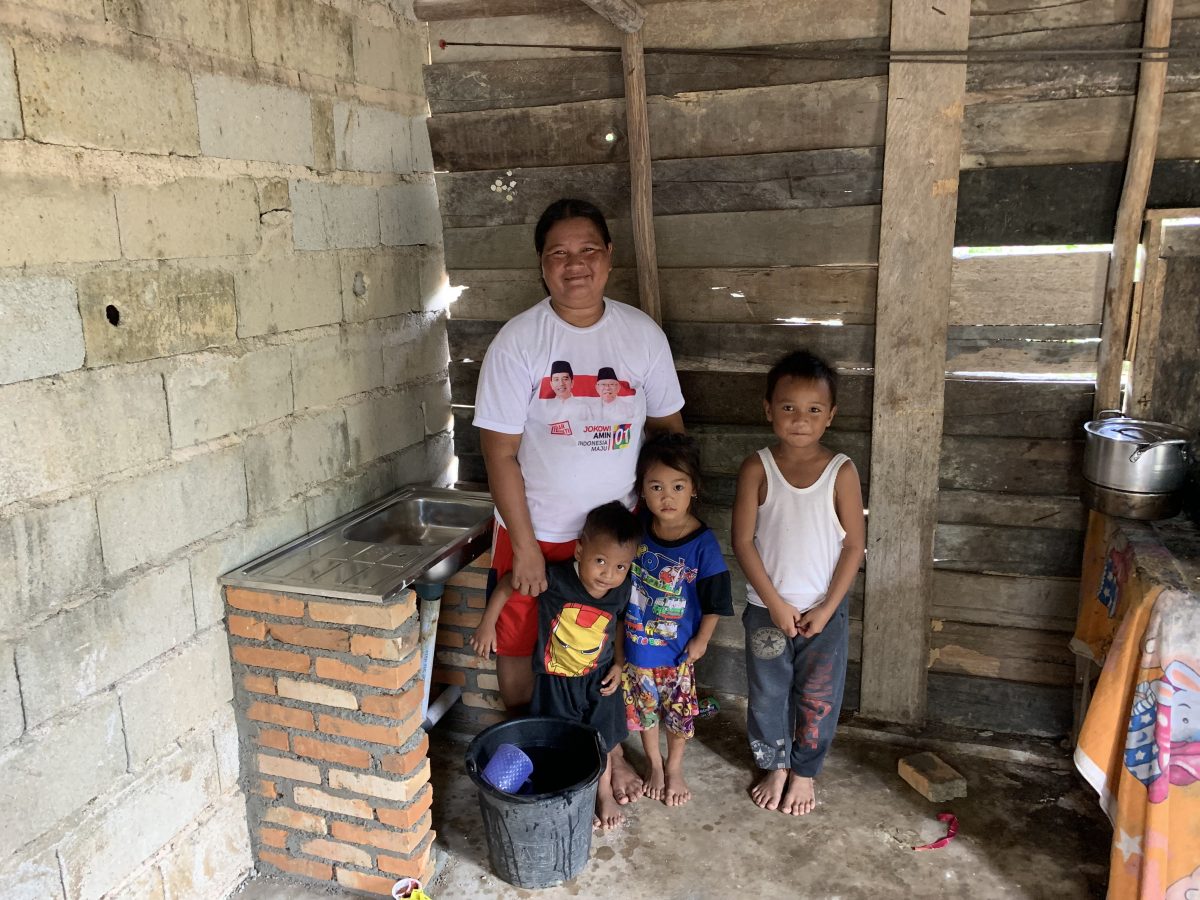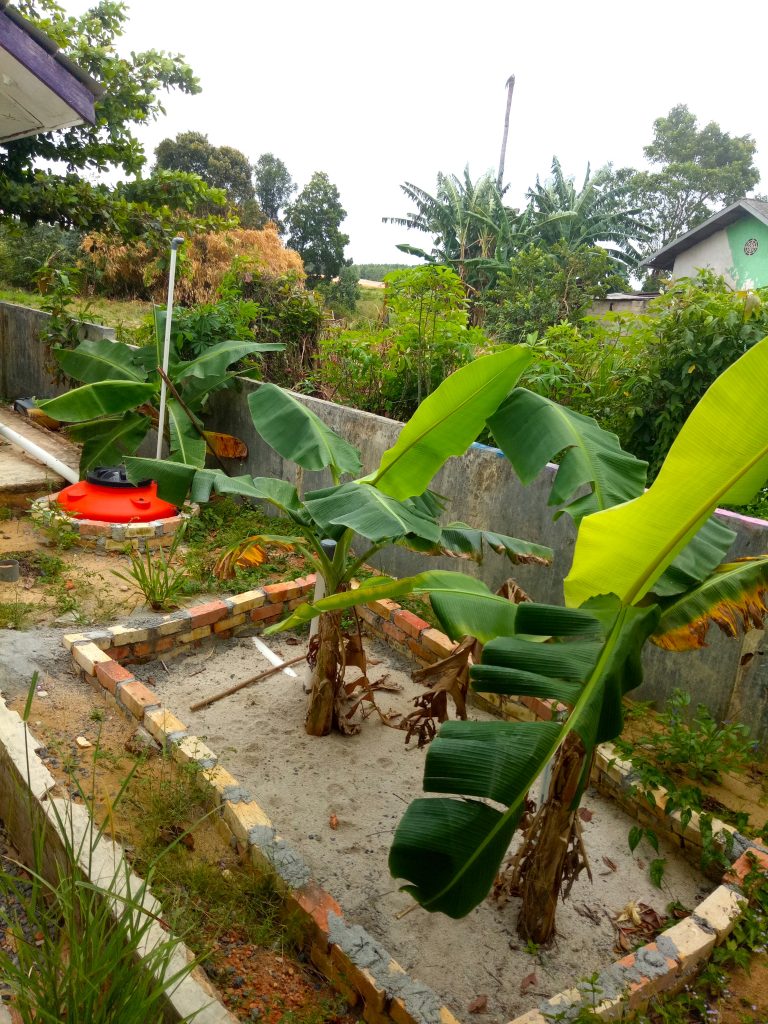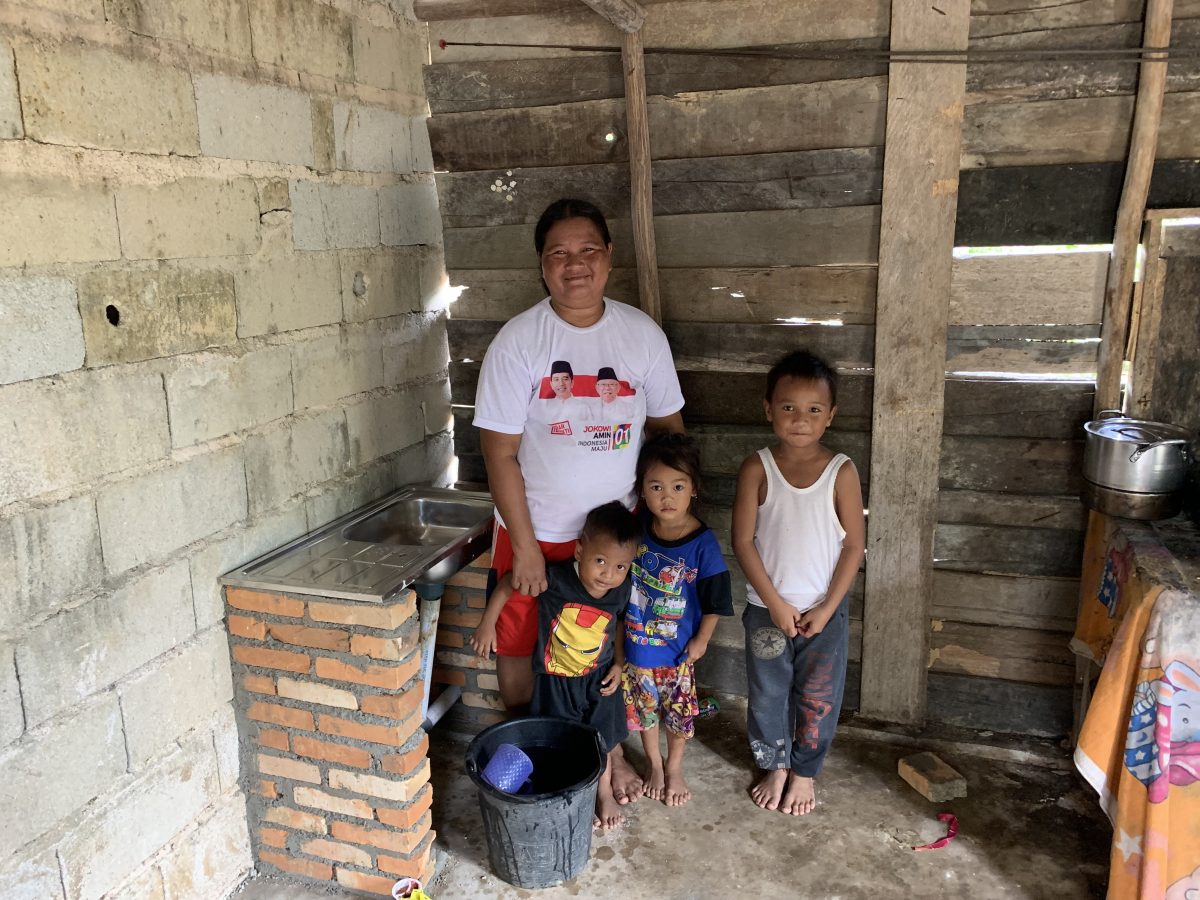Indonesia is the world’s largest island nation, extending 5,120 kilometres from east to west,1,760 kilometres from north to south, and consisting of more than 900 permanently inhabited islands and at least another 7500 other islands. Each surrounded by the Pacific and Indian Ocean, more than 10 seas, more than 20 straits, and more than 10 gulfs and bays, the islands depend heavily on their waterways for safe, clean, and drinkable water.
An impressive and growing project has been started that reduces Indonesia’s negative impact on its surrounding waters whilst enhancing the health and dignity of Indonesians. The project, called Safe Water Gardens, offer solutions to the problems of waste reduction, water efficiency, and clean water for the entire country and beyond.
The Importance of Clean Water and Sanitation
In a nutshell, Safe Water Gardens provide rural families with a sanitation system, drinking water filtration, and a home garden, thus helping to meet the United Nations’ Sustainable Development Goal #6: Clean Water and Sanitation. The situation, especially in the face of the COVID-19 pandemic, is dire for billions around the globe. Estimates are that 2.4 billion people lack access to basic sanitation services, such as toilets or latrines. As a result, millions of people, including children under five, die annually. Without proper sanitation and infrastructure, more than 80 percent of wastewater resulting from human activities is discharged into rivers or sea without any pollution removal. In addition to hurting human health, the untreated release of wastewater leads to oxygen depletion in the world’s water systems, threatening fish stocks and coral reefs worldwide.
These devastating numbers were forcefully brought home when LooLla Adventure Resort, a well-reputed eco-resort on the island of Bintan in Indonesia’s Riau archipelago, experienced a horrific tragedy first-hand. The one-year-old daughter of a resort staff member died after coming in contact with human waste in the backyard of her home.
The community at LooLa turned grief into action by finding, improving, and implementing solutions. After identifying a UNICEF design for sanitation systems suited to tropical countries, they recruited experts in physical and social sciences from universities in Indonesia, Singapore, and the Netherlands to optimize the design in terms of efficiency, cost, and community involvement. Thus, Safe Water Gardens (SWGs) were born.

A Simple and Effective Sanitation System
These simple symptoms provide reliable, safe and affordable sanitation systems for rural communities. Wastewater from a home’s toilet and shower flows into a closed tank. Nutrients from the wastewater (released underground in the SWG’s garden section (the leach field) are added to soil, enabling families to grow plants and gardens.
“I feel very proud to own a Safe Water Garden and to have this first-class sanitation system. My house smells nice now, my children can safely play in the garden, and I also like it that we are using our wastewater to grow our own chilies, which saves us a lot of money every month!” says Pak Syamruddin, a rural SWG user from Kawal, Indonesia. Chilies are an essential food for Indonesians as they are used to flavor rice and often quite expensive for rural Indonesian people to buy each month on their reduced income of roughly $50-120 per month. The system therefore allows Indonesians to become self-reliant, all while providing them with safe sanitation systems that also benefit regional water ways.
The program has seen so much success thus far that the Indonesian government has expressed it’s support by certifying the system and pushing to introduce SWGs in schools and homes throughout the country.

Learn More and Get Involved
The Safe Water Gardens website provides additional details about this impactful project. You can also see the LooLa Adventure Resort Testimonials Page to hear visitors’ accounts of aiding their various programs, and contact [email protected] for details about virtual visits.
Join me in my next article as I explain the process and important community education that is involved in setting up and maintaining Safe Water Gardens.
